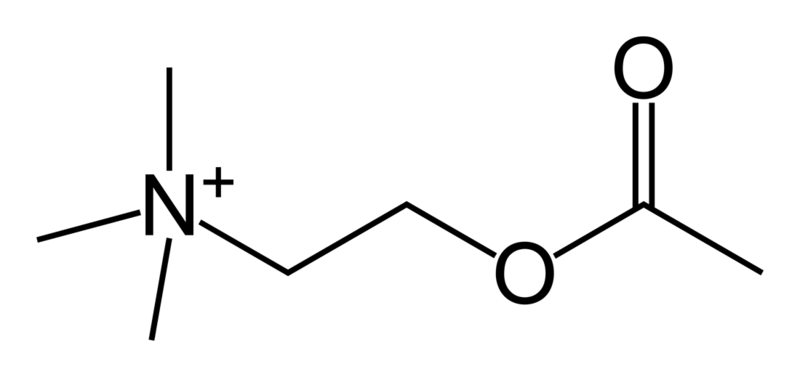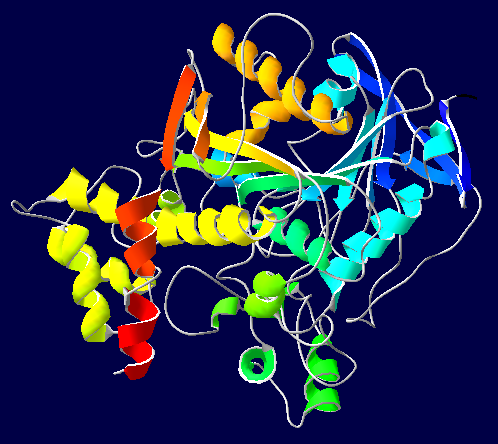Acetylcholinesterase inhibitor


Editor-In-Chief: C. Michael Gibson, M.S., M.D. [1]
Overview
An acetylcholinesterase inhibitor or anti-cholinesterase is a chemical that inhibits the cholinesterase enzyme from breaking down acetylcholine, so increasing both the level and duration of action of the neurotransmitter acetylcholine.
Uses
Acetylcholinesterase inhibitors:
- occur naturally as venoms and poisons
- are used as weapons in the form of nerve agents
- are used medicinally:
- to treat myasthenia gravis. In myasthenia gravis, they are used to increase neuromuscular transmission.
- to treat Alzheimer's disease
- as an antidote to anticholinergic poisoning
Examples
Reversible inhibitor
Compounds which function as reversible competitive or noncompetitive inhibitors of cholinesterase are those most likely to have therapeutic uses. These include:
- Organophosphates
- Carbamates
- Phenanthrine derivatives
- Piperidines
- donepezil, also known as E2020
- Tacrine, also known as tetrahydroaminoacridine (THA')
- Edrophonium
- Phenothiazines
Quasi-irreversible inhibitor
Compounds which function as quasi-irreversible inhibitors of cholinesterase are those most likely to have use as chemical weapons or pesticides. These include:
Natural Compounds (Supplements)
Effects
Some major effects of anticholinesterases:
- Actions on the autonomic nervous system, that is parasympathetic nervous system will cause bradycardia, hypotension, hypersecretion, bronchoconstriction, GIT hypermotility, and decrease intraocular pressure.
- SLUD syndrome.
- Actions on the neuromuscular junction will result in prolonged muscle contraction.
Related Chapters
Template:Enzyme inhibition Template:Anticholinesterases Template:Anti-dementia drugs